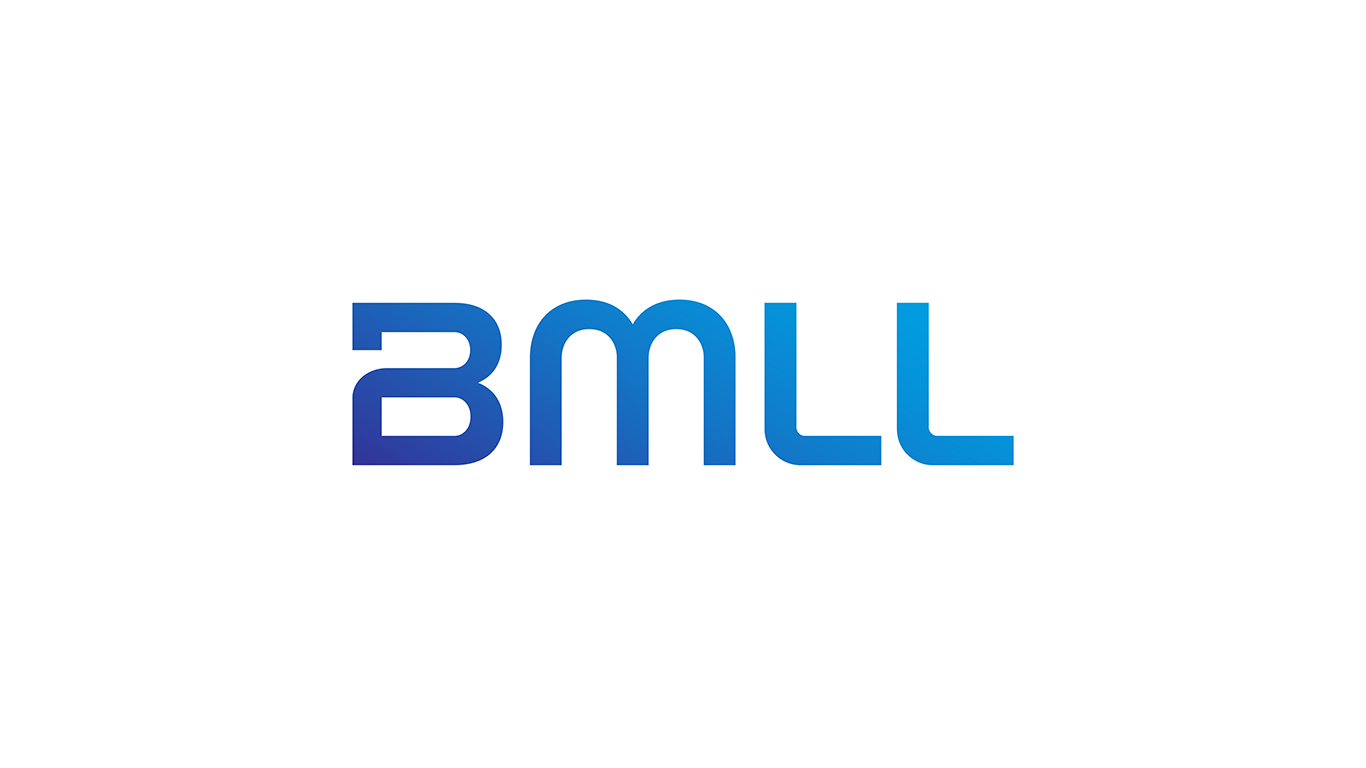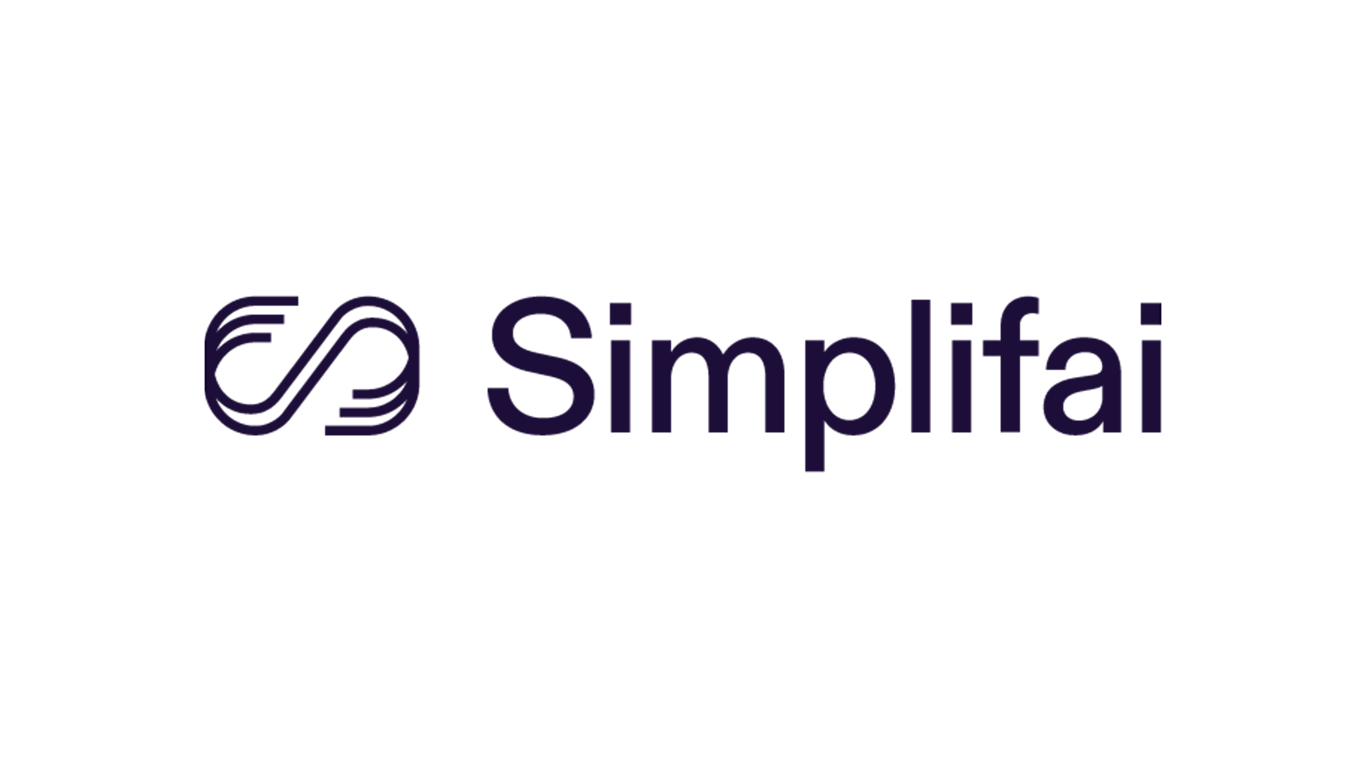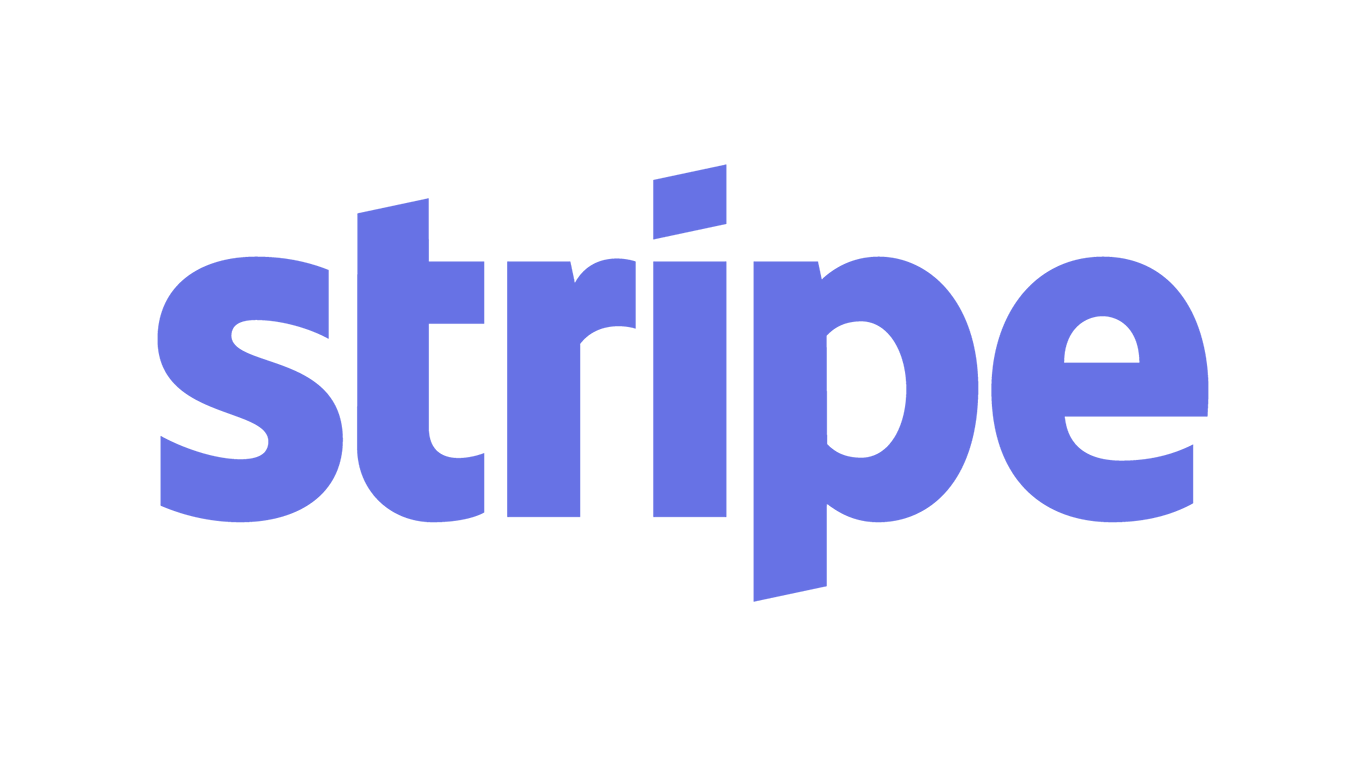Published
- 07:00 am

Froda, the rapidly growing Swedish fintech company, has announced its expansion into the UK, marking another milestone in its growth trajectory.Froda has lent out more than 6.5 billion SEK since its inception and with the UK expansion, the company that reached a 1.2 billion SEK valuation this autumn, is now operating in five markets: the UK, Norway, Denmark, Finland, and Sweden.
The company's foray into the UK market comes as a result of a strategic partnership with Sweden-born financing fintech Treyd, which has been established in the UK for a year, aimed at simplifying and enhancing growth financing for merchants involved in the import and sale of physical products. This innovative collaboration empowers Froda and Treyd to provide merchants with financing solutions for inventory purchases, offering improved predictability, scalability, and flexibility through the integration of smart credit algorithms, data analytics, and advanced technology.
Expansion beyond the Nordics has always been a key objective for us. In the current global landscape, it is crucial for merchants to access flexible financing options. With this solution, we aim to make it easier for entrepreneurs to unlock essential growth capital, says Olle Lundin, CEO of Froda.
Historically, accessing business financing for SMEs has posed significant challenges due to lengthy approval processes, in-person meetings, and time-consuming administrative tasks. Froda was founded with the aim of changing this and thereby contributing to a more equal and inclusive business environment, where businesses can access capital to grow through completely objective and digital assessment.
Since its inception in 2015, one of its goals has been to expand internationally to help entrepreneurs on a global scale. One step in that direction is to expand together with partners. In 2020, Froda established a dedicated business unit focusing on embedded finance, and the collaboration with Treyd exemplifies this strategic direction. In addition to Treyd, Froda has formed partnerships with renowned organizations such as Lunar, Yabie, and Worldline. Furthermore, earlier this year, Froda successfully launched a groundbreaking card-based embedded lending product in collaboration with Visa.
With our Embedded Financing product, we can empower growth-oriented companies to offer their customers flexible financing solutions seamlessly integrated via a simple API. Our partnership with Treyd enables us to scale up and extend our financing solution to a broader network of merchants. Having already introduced the product in Sweden, Norway, and Denmark, we eagerly anticipate its reception in the UK, says Stella Snickare, VP Froda Embedded.
Related News
- 08:00 am

BMLL, the leading, independent provider of harmonised, historical Level 3 data and analytics across global equity and futures markets, today announced that Cboe Europe Indices are now available within the BMLL suite of products. This complements existing Cboe historical data for Europe, US and Japan which is already offered in the BMLL products.
With the addition of these new data sets, BMLL continues to deliver on its strategic plan to enhance data coverage for the benefit of market participants globally. Most recently, BMLL added APAC and South Africa markets to its coverage.
BMLL users include banks, brokers, asset managers, hedge funds, global exchange groups, academic institutions and regulators, who access the most granular Level 3, T+1 order book data on a global scale, as well as advanced pre and post-trade analytics.
BMLL’s sophisticated trading analytics (including Exclusive Time at EBBO, Mean Resting Times, Probability of Fill etc) and liquidity fragmentation by the most granular trading categories (including Lit, Dark, Bilateral Venues and Order Book Mechanisms) can now be analysed across Cboe Europe’s single country, pan-European and sector indices. Examples include the Cboe UK 100, Cboe Eurozone 50 and Cboe Europe Finance Sector indices.
Cboe Europe Indices constituents data is now available via:
- BMLL Data Lab - which allows users to perform scalable research without the burden of data sourcing, data curation or data engineering and seamlessly integrates with third-party production tools and workflows.
- BMLL Data Feed - which provides clients with the full power of BMLL Data Lab’s analytics in the form of derived data feeds, giving users actionable insights to better analyse venue or trading performance.
- BMLL Vantage - an intuitive, no-code data visualisation tool providing over 450 metrics derived from BMLL Level 3 Data, covering European and US Equity and ETF venues.
Paul Humphrey, CEO of BMLL, said: “We are excited to add Cboe Europe Indices data to our global data coverage. Our clients and market participants overall are demanding increasingly comprehensive data sets to understand market behaviour and we are delighted to provide them with the insights they need to make more informed trading decisions.”
Natan Tiefenbrun, President, Cboe Europe, added: “We are delighted that BMLL is expanding its use of Cboe’s data within its product suite to include Cboe Europe Indices. Cboe Europe Indices provide a cost-effective solution for market participants looking for high quality index data and all utilise common base methodology, pricing and corporate action data – making them ideal for comparison, trend and trading analysis.”
Related News
- 08:00 am

Hitachi Payment Services, a leading integrated payment solutions provider in India, today announced the launch of its Digital Payments Innovation Hub to collaborate with fintech start-ups across India and extended Asia Pacific region to propel digital payment innovation.
With this launch, the Hitachi Group has extended its association with Plug and Play in Asia Pacific. Plug and Play already has an existing association with Hitachi group in Japan and the United States.
This partnership’s primary objective is to bring innovative products and platforms into the Hitachi Payments ecosystem. It seeks to provide start-ups the capital, integration with the Hitachi Payments’ stack, access to extensive customer network and platform to launch and scale up. Additionally, it will endeavour to expand the impact of these solutions beyond India, accelerating the growth and innovation of the global fintech industry.
Hitachi Payments has been at the forefront of the digital payment revolution in India, bringing innovative solutions that have furthered merchant acceptance, as well as enabled accessibility of digital payments for the masses.
Anuj Khosla, Chief Executive Officer - Digital Business, Hitachi Payment Services, said, “Hitachi Payments is committed towards innovating and introducing new technologies to enhance the overall merchant and customer digital payments journey. The Digital Payments Innovation Hub will help in building future-ready offerings in the digital payments arena. The collaboration aims at investing in, co-creating, and deploying cutting-edge digital payment and fintech solutions that cater to the evolving needs of businesses and consumers. It is an exciting time for the Indian fintech ecosystem, and we look forward to working closely with Plug and Play and start-ups to drive growth and innovation in the payments industry.”
Jupe Tan, Managing Partner of Plug and Play APAC, said, "We are delighted to be working with Hitachi Payments and to be able to deepen our relationship with the overall Hitachi group. Our goal is to provide Hitachi Payments with a line-of-sight into the most innovative start-ups that are shaping the financial services industry across India and Asia Pacific.”
Hitachi Payments is a pioneer in the payment industry in India, offering a comprehensive range of end-to-end payment solutions including ATM Services, Cash Recycling Machines, White Label ATMs, POS Solutions, Toll & Transit Solutions, Payment Gateway Solutions and innovative offerings such as SoftPOS, POS Value Added Services and Digital Merchant Onboarding. The company is committed to delivering exceptional customer experiences and driving financial inclusion across India.
Related News
- 07:00 am

Exactpro and the Athens Stock Exchange (ATHEX) announce today the publication of a collaborative case study entitled Athens Stock Exchange Trading System FIX Migration – OASIS Upgrade Testing & Coverage Analysis.
The case study describes data-driven passive testing and functional test automation approaches leveraged by Exactpro to facilitate a technology project of migrating the ATHEX trading system to a new FIX server and highlights a broad range of benefits of passive testing for verifying the quality of large-scale transaction processing systems. The project’s testing scope included functional and regression testing of the changes introduced to the ATHEX trading system. The case study also showcases the passive testing and results analysis automation tools that enable the use of advanced data analysis.
Nikos Antonopoulos, Head, Trading Systems Development department, Athens Exchange Group says, “Exactpro has been a valuable partner to ATHEX for several years now. Throughout this partnership, we have collaborated to create a substantial and comprehensive test library that has been instrumental in automated regression testing across multiple versions, leading up to the introduction of ATHEX FIX. The investment in functional testing has yielded consistent results, effectively validating existing functionality and bridging significant gaps left by unit testing, manual testing and UAT. Once again, in this development cycle, Exactpro specialists have worked closely with our teams, contributing to the solidification of the product in all aspects, including functional and non-functional requirements, as well as documentation. The collaboration has built confidence levels, paving the way for a successful go-live.
“After a particularly demanding project with significant risk factors, ATHEX FIX is currently live marking a smooth and incident-free transition to production, without disrupting our daily operations. We are proud we have achieved the desired performance goals, with a nearly 50% reduction in round-trip time for ATHEX colocation clients. The tools and expertise provided by Exactpro have been instrumental in accomplishing these goals.”
“We have been happy to have the opportunity to collaborate with our partners at the Athens Stock Exchange on this case study which emphasises the benefits of passive testing for ensuring the success of trading platform upgrade and migration initiatives,” – says Iosif Itkin, co-CEO and co-founder, Exactpro. “The approach we have described enables us to create comprehensive test libraries, automate regression testing and passive reconciliation checks, monitor the system’s performance and health over time, detect floating issues and issues manifesting themselves under unique conditions, such as when the system is stressed, which is a crucial type of validation for high-availability mission-critical financial platforms prone to high-volatility risks.
“Using passive property testing for data annotation is what drives Exactpro’s new AI Testing strategy and we will continue further enhancing the Exactpro testing service with data-driven tools and techniques. We have enjoyed working with the ATHEX team and will be happy to support future innovation initiatives by our partners.”
Related News
- 06:00 am

Simplifai, an AI automation solutions provider, today launches Simplifai InsuranceGPT – a world-first custom-built GPT tool, fuelled by the company’s revolutionary no-code AI-powered platform.
With InsuranceGPT, Simplifai has strengthened its end-to-end business process automation capabilities, providing enriched communication between insurers and their customers through the power of generative AI - delivering fast, concise, and accurate responses in a secure way.
While several insurance product providers have merely begun to integrate ChatGPT or Google Bard into their services, Simplifai’s InsuranceGPT large language model (LLM) is the first to be trained specifically on information directly relevant to the insurance sector.
Gartner predicts the global market for AI software will surpass $135bn by 2025, with the banking, financial services and insurance sector constituting a massive 25% of that market. Yet, the insurance industry is still learning how to fully embrace AI and LLMs, such as ChatGPT. The technology holds the potential to radically transform the data processing and claims processes, but with several LLMs facing criticism around data security concerns and the inaccurate presentation of data, public LLMs are being labelled unsuitable to address the needs of the claims handling industry.
By offering the insurance industry’s first custom, cloud-based, private Software-as-a-Service LLM, Simplifai can allay these concerns through:
- Fitting into existing ecosystems - InsuranceGPT is platform-based and plugs into third-party services such as Salesforce and Hubspot, as well as industry platforms for claims management, pulling information from the often cumbersome and conflicting systems used by insurance firms for easy implementation and management.
- Being ever vigilant about security – As a company, Simplifai is committed to privacy and upholding strict control and regulation of data, as well as firm adherence to GDPR. By training a private LLM, security can be guaranteed.
- Maintaining ‘No code necessary’ – Simplifai’s no-code model allows businesses to seamlessly integrate to the platform, without the need for tech expertise, increasing efficiency and speed of use.
Showcasing a commitment to building services tailored to the specific and regulated requirements of insurers, Simplifai has also launched the Simplifai Reference Programme for advanced AI, establishing a customer reference board with leading names within the insurance sector, including Van Ameyde, CCN and Eika, to ensure product development is in line with customer requirements.
Jan-Michiel Cillessen, Group COO of Van Ameyde Group said: “Van Ameyde’s Claims platform, ECHO, has already benefited from the best-in-class AI automation that the Simplifai partnership provides. In addition, Simplifai’s expansion to GPT technology will further solidify our leading position in the claims handling space. In order to even consider Simplifai as a partner, we also needed to ensure their continued strategic focus on security and compliance, as well.”
Thomas Dinhoff Pedersen, CIO at Eika Insurance commented: “The evolution of technology is not slowing down with the rapid development of AI and LLMs. That is why we are joining the reference board and taking a front seat together with Simplifai, to explore both current and future opportunities for responsibly leveraging AI and new technologies to improve our operational efficiency and customer experience. This is not the time to fall behind.”
“The potential offered by generative AI is incredible, but a specially-built industry-specific GPT trained on insurance data is the only way to offset risks around security, data privacy and accuracy. InsuranceGPT grants us the ability to make our customers’ employees even more efficient and effective, not to mention more valuable, while maintaining our commitment to privacy and security,” said Bård Myrstad, Simplifai Co-Founder and CEO.
Join this webinar on Wednesday, 14th June 09:00 CET to learn more about InsuranceGPT.
Related News
- 04:00 am

Fintech giant Stripe has acquired Okay, a startup that developed low-code analytics software to help engineering leaders better understand how their teams are performing, the companies told TechCrunch exclusively.
Founded in 2019, Okay participated in Y Combinator’s Winter 2020 cohort before going on to raise a total of $6.6 million in capital from the likes of Sequoia and Kleiner Perkins. Angel investors include executives from Plaid, Brex and Instacart, along with Stripe CEO Patrick Collison.
Financial terms of the deal, which marks Stripe’s first acquisition since it bought card reader provider BBPOS in January of 2022, were not disclosed.
Co-founders Antoine Boulanger (CEO) and Tomas Barreto (CTO) met while working at Box — Boulanger as a senior director of engineering and Barreto as a VP of engineering. Prior to starting Okay, Boulanger was working as a senior engineering manager at Google and Barreto was a vice president of product and engineering at Checkr.
The pair told TechCrunch in 2020 that in the process of building out a suite of in-house tools designed to help managers at Box understand their teams better, they realized the opportunity for a subscription toolset that could help managers across companies. For the most part, Boulanger says that Okay was designed to largely replace tools built in-house as well.
Getting a picture of an engineering team’s productivity involves plugging into Okay’s toolsets and gathering data into a digestible feed. The dashboards can be built on top of developer tools’ data such as GitHub and Jira.
In a nutshell, Okay was aimed at giving companies a way to build engineering effectiveness dashboards on top of developer tools.
“We use metrics and data to make an engineering team more efficient and effective,” Boulanger told TechCrunch in an interview. “It looks very much like [analytics software] Mixpanel or Amplitude but applied to engineering work. The difference is that we are very focused on finding the bottlenecks that are affecting engineers on their day-to day-activities — more on their inputs…rather than outputs, like lines of codes.”
Of course now that it has been acquired by Stripe, Okay will transition out of serving its other customers — which in the past have included Brex, Plaid and Intercom — to exclusively serving Stripe. Okay had seven employees prior to the acquisition. The co-founders declined to share if all seven employees would be joining Stripe.
“Our approach…aligns with Stripe engineering values: by increasing engineering effectiveness, Stripe will be better positioned to attract and retain talented engineers,” Boulanger said.
While Okay would not share any recent revenue metrics, the company told TechCrunch in February of 2022 that it had seen both its revenue and customer base grow around 10 times, including adding on customers such as Sourcegraph and mParticle.
It was while pitching Stripe in 2022 that the small startup “really hit it off with the engineering leaders, and “from there, it evolved into more of an acquisition discussion,” said Boulander.
As a SaaS company, Okay made money by selling subscriptions to its software.
“Stripe was the kind of customer we served,” Boulanger said. “They were usually companies in the pre-IPO phase with hundreds to thousands of engineers where the manager wanted to start tracking what others are doing, and looking for tools to help with decision-making.”
Today, Okay is being folded into Stripe’s engineering department.
Boulanger said that prior to this acquisition, Okay had regular conversations with other potential acquirers but concluded that “Stripe was really special.”
Stripe, which is one of the world’s highest-valued private companies, has had some struggles as the payments space in which it operates only continues to get more competitive and the IPO market has dried up. In the past year alone, companies such as Plaid and Finix have released competing products, for example. And Stripe, which has yet to go public via a long-awaited IPO, earlier this year raised $6.5 billion at a $50 billion valuation after being valued at $95 billion in March of 2021. Stripe’s latest raise took place months after the company laid off about 1,120 workers, or 14% of its workforce, in November of 2022 after saying it had “overhired for the world we’re in.”
Stripe declined to comment on its acquisition of Okay, outside of confirming that it had taken place and this tweet from CTO David Singleton.
Related News
- 07:00 am

The increased cost of doing business is preventing the UK’s 5.5m small and medium-sized businesses from going green, new research finds.
With core inflation rates at 6.8% – the highest in 31 years – protracted high costs could be delaying SME owners’ plans to green their businesses. In an analysis carried out by Europe’s largest small business lender, iwoca, businesses around the country are struggling to prioritise measures to reduce their carbon footprint.
This comes as research carried out by Oxford Economics finds that SMEs contributed 44% of the UKs non-household carbon emissions, with an estimated 160m tonnes of greenhouse gas emitted.
Cost is the key barrier to going green
More than four in ten (42%) SMEs say that the rising cost of doing business means going green has become less important. Over half (54%) also believe that while green issues are important, this cannot be at the expense of running their business.
The top three reasons small and medium-sized companies aren’t going green all relate to cost, with a third (32%) blaming the unaffordable costs associated with being an environmentally-friendly business.
A quarter (26%) feel the lack of government support and grants is the biggest barrier, while nearly a fifth (19%) believe it’s because of a lack of tax incentives.
Top 5 reasons SMEs aren’t more environmentally friendly | |
| 32% |
| 26% |
| 19% |
| 14% |
| 13% |
The importance of SMEs reducing their carbon footprint
While costs are a significant barrier to going green, SME owners do back measures to become more sustainable. Three-fifths (61%) believe small companies should prioritise reducing their carbon emissions, and over half (53%) predict that their own business will become more environmentally friendly in the next five years.
iwoca becomes carbon neutral
iwoca, who commissioned the research, has become a carbon-neutral business in 2023 after an independent audit of its operations.
The company has published its first sustainability strategy, and is funding renewable energy projects around the world to offset its carbon emissions. iwoca is also seeing more businesses apply for loans across Europe specifically to green their company and reduce their environmental impact.
Alex Sheard, Product Manager at iwoca, and part of the company’s environmental task force, said: “This research couldn’t be clearer - SMEs want to go green, and understand how important it is, but the current economic environment is a hugely inhibiting factor.
“For the UK to meet its net zero targets, we must not forget about our SMEs, who account for 99.9% of the business population, and generate over 40% of the UKs non-household carbon emissions From how they invest, how they heat and insulate office and factory spaces, to how their employees travel – going green seems to be a significant operational challenge for SMEs, and access to capital is a crucial component in turning this around.”
Brian Mair is the Managing Director of Nudge Education, a Newcastle-based provider of specialist support to children and young people who are at risk of disengaging from school. With over 250 staff, they provide one-to-one support to hundreds of vulnerable children each year and are focusing on making their company greener in the year ahead.
“As we’ve grown our business with operations across the country, we’ve become really conscious of our environmental impact. The nature of the work we do means our staff drive out to schools and into communities every day to deliver one-to-one sessions with young people, and this all leads to a larger carbon footprint.
“We’ve put in place an e-bike scheme that our staff can take part in, but some green policies have been hard to get off the ground. When we speak to leasing companies about electric car hire for our staff, or car-sharing options, the costs quoted to us as an SME mean we’re not in a position to do this. Making our business more green is so important, but it can’t be at any cost.”
Related News
- 04:00 am

BNP Paribas Personal Finance, one of the leading providers of personal financing in the Nordics, has selected Vilja’s cloud-native core banking platform for their deposit services.
Vilja has a long-standing partnership with BNP Paribas Personal Finance, having built the core banking platform for SevenDay Bank from scratch in 2007. In 2017, SevenDay Bank was acquired by BNP Paribas Personal Finance. The strategy is to run the entire Nordic operation on standardized platforms (One Nordic Platform). The project to transition deposit accounts from the current custom-built solution to the Vilja cloud-native platform will commence this summer.
We are delighted to announce that BNP Personal Finance has made the decision to migrate from a proprietary deposit solution to the cloud-native Vilja Platform. This is a continuation of our long-standing, strategic partnership with Vilja. Our primary objective is to ensure that our customers continue to receive exceptional deposit offerings, and Vilja has demonstrated the necessary banking expertise and commitment to fulfill our requirements, says Annika Olsson, Nordic CEO at BNP Paribas Personal Finance.
Having successfully built the core banking platform for SevenDay Bank over a decade ago, we are proud to have gained renewed trust from BNP Paribas Personal Finance. Their selection of our cloud-native core banking platform as the standardized solution for Deposit in the Nordics is a testament to our continued partnership, industry expertise and us meeting the highest security and compliance standards says Fredrik Ulvenholm, CEO at Vilja.
Vilja is the leading vendor for Deposit in Sweden and stands out with its cloud-native architecture and modular design. The comprehensive end-to-end solution offers significant improvements in efficiency and lowers the total cost of ownership (TCO). With its API-first approach, Vilja Deposit is designed for self-service and automation, ensuring a seamless and exceptional customer experience. By integrating all necessary functionalities into a single system, Vilja Deposit empowers banks and financial institutions with a streamlined and user-friendly platform.
Related News
- 06:00 am

Plug-and-Play Finance specialist, Weavr, has announced a new collaboration with Visa, a world leader in digital payments. The collaboration aims to accelerate the adoption of embedded finance solutions among B2B Software-as-a-Service (SaaS) companies.
Embedded finance enables B2B software businesses to integrate financial services into their software to augment their existing product offerings or launch entirely new products and services. In addition to delivering more value to their customers, such software businesses can expect new revenue streams and improved customer retention.
The embedded-finance solutions crafted by Weavr (and integrating Visa capabilities) take the form of easy-to-deploy and cost-effective Financial Plug-ins that are seamlessly embedded into software. The plug-ins are financial products that are ‘embeddable by design’ - they bring together everything a business needs to power specific use cases in segments spanning ERP solutions, HR management platforms, B2B Commerce and others, while also allowing full control over the user experience for their end customers. Importantly, as the Weavr solution is primarily targeted to non-financial businesses, the Financial Plug-ins cover areas of compliance, regulation and data security.
Speaking on the new collaboration, Alex Mifsud, co-founder and CEO of Weavr commented: “We’re delighted to make this important announcement alongside Visa, which will help to extend embedded finance opportunities to more businesses and more regions than ever before. I have been impressed by Visa’s range of payments capabilities and believe that our collaboration will deliver embedded-finance solutions to more established businesses and corporations, enabling them to find new routes to customer growth and to unlock new revenue streams.”
Emma Kerr, SVP for Europe Strategic Partnerships, Visa, added: “Expanding access to financial tools and services is core to Visa’s purpose –uplifting everyone everywhere –and we’re excited to work with companies like Weavr in bringing new solutions and approaches to this challenge.”
Related News
- 08:00 am

After a long period of consistent profitability, the wealth and asset management sector is facing rising costs, shrinking margins, and intensifying consumer demands. Firms are looking for ways to accelerate their digital transformations, bring more of what their clients want to the table, and bolster assets under management—all in the most cost-efficient way. According to a new report by Boston Consulting Group (BCG) and global end-to-end wealth platform provider FNZ, a new breed of end-to-end third-party operating models deployed by wealth and asset managers could deliver significant cost savings, create new and innovative business models, and generate new revenue streams.
The report, titled Scalable Tech and Operations in Wealth and Asset Management, is based on unique insights derived from illustrative case data and research from more than 33 major asset managers and 20 major wealth managers across Europe and North America. It also draws on additional data sets from Asia Pacific and the Middle East and Africa. The report highlights both evolving regulatory requirements and how growing investor demand for personalization is making it crucial for wealth and asset managers to pursue digital and operating model transformations.
“Wealth and asset managers are faced with a myriad of challenges, and it’s clear that partnering with end-to-end third-party operating models can yield benefits and create competitive advantage if done right, despite running counter to certain long-established practices,” says Akin Soysal, a BCG managing director and partner and coauthor of the report.
“Customer demands for personalized wealth solutions are steadily rising along the value chain, requiring wealth and asset managers to make further investments,” says Din Mustaffa, group chief strategy officer at FNZ. “It’s important to note that while most of these changes will require technology as an enabler, operating models will also need to be adjusted to navigate the shifting landscape in a cost-effective manner.” While AUM Decreased, Cost-to-Income Ratios Increased
According to the report, the first step toward efficient and cost-effective transformation by wealth and asset managers is understanding the current industry drivers—forces that are exacerbated by high market uncertainty, elevated interest rates, and slower assets under management (AuM).
Despite largely favourable market conditions over the past few years, industry cost-to-income ratios (CIRs) have risen. While larger asset managers witnessed a gradual increase between 2018 and 2021—with a rise to 74% in 2022—smaller asset managers with less than $300 billion in AuM saw a more pronounced increase to 78%. CIRs for larger wealth managers have been stable at 71%, while smaller wealth players, with AuM below $150 billion, on average suffered a steep increase to surpass 82% in 2022. Technology spending has been a key driver of increased CIRs. The average share of technology in total operating expenses reached over 15% across both wealth and asset managers in 2022, up from 13% five years earlier. Over the same time frame, IT spending has particularly been on the rise in application development (+25%) and hosting (+19%), mirroring the expansion of new requirements as well as large investments in cloud migration.
For the first time since the 2008–2009 financial crisis, global AuM declined in 2022 (by roughly 15%). With wealth and asset managers facing continuous margin compression driven by the increasing share of passive investments, rising competition from digital players and the consolidation of large incumbents with significant scale advantages, return on assets fell by 3% per year from 2018 through 2021. While advisory fees have remained relatively stable, product fees have been hit by fierce competition and increased cost transparency, with declines of 11% for active funds and 35% for passive funds since 2017. Finally, asset servicing margins for clients with more than $2 million have decreased by 16% since 2017.
At the same time, client demands are steadily rising along the value chain, requiring wealth and asset managers to make further investments in areas such as hybrid advisory, direct-indexing, and managed portfolio services. Clients are increasingly demanding full transparency of their investments to ensure alignment with their personal values and goals (e.g., sustainability).
Third-Party Platform Solutions Are Filling In-House Technology Gaps
Continuous margin pressure, ever-evolving regulatory and cyber-security requirements, as well as growing investor demand for personalization, make it imperative for wealth and asset managers to pursue digital and operating-model transformations. Firms are turning to third-party technology providers to help them achieve their goals. The share of third-party technology spend has risen by more than 10% since 2018 across both run-the-bank and change-the-bank initiatives at wealth and asset management firms. Industry players are leveraging third-party operating models in various ways:
• Moving significant, non-differentiating parts of the tech stack to an end-to-end platform, supported by the emergence of vertically integrated platform providers that cover substantial parts of the value chain.
• Outsourcing middle-office and operations functions to gain operating leverage and focus more internal resources on core activities. Wealth and asset managers see benefits ranging from serving more end clients to operating direct-to-consumer models at low cost. The report indicates the potential to realize operating cost savings of up to 30% compared with more traditional approaches.
• Pursuing a “best-of-breed” approach for institutions with significant existing capabilities. This may allow for the selection of specific solutions from different vendors depending on the use case and layer of the technology stack, giving institutions more flexibility and reducing dependence on a single vendor.









